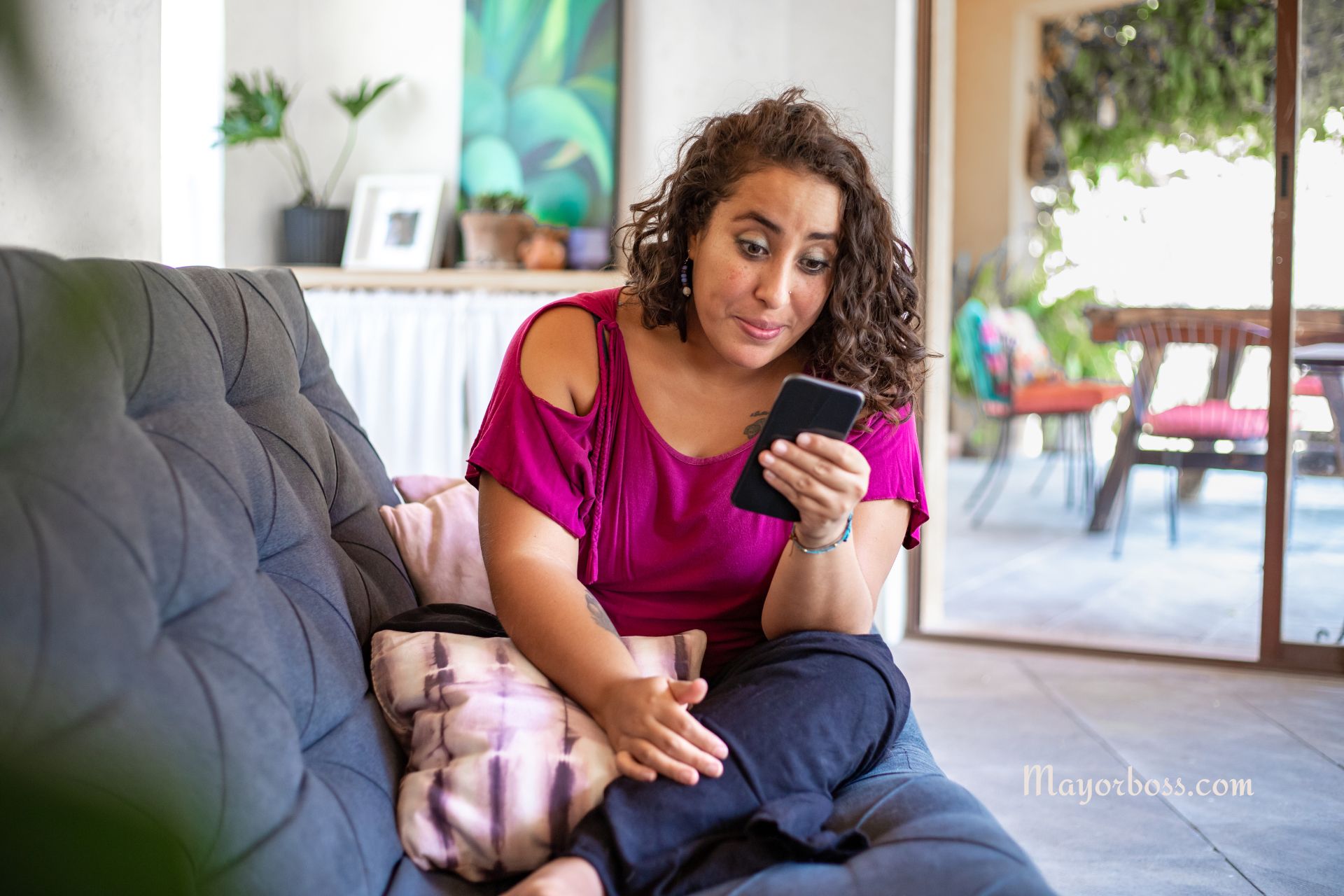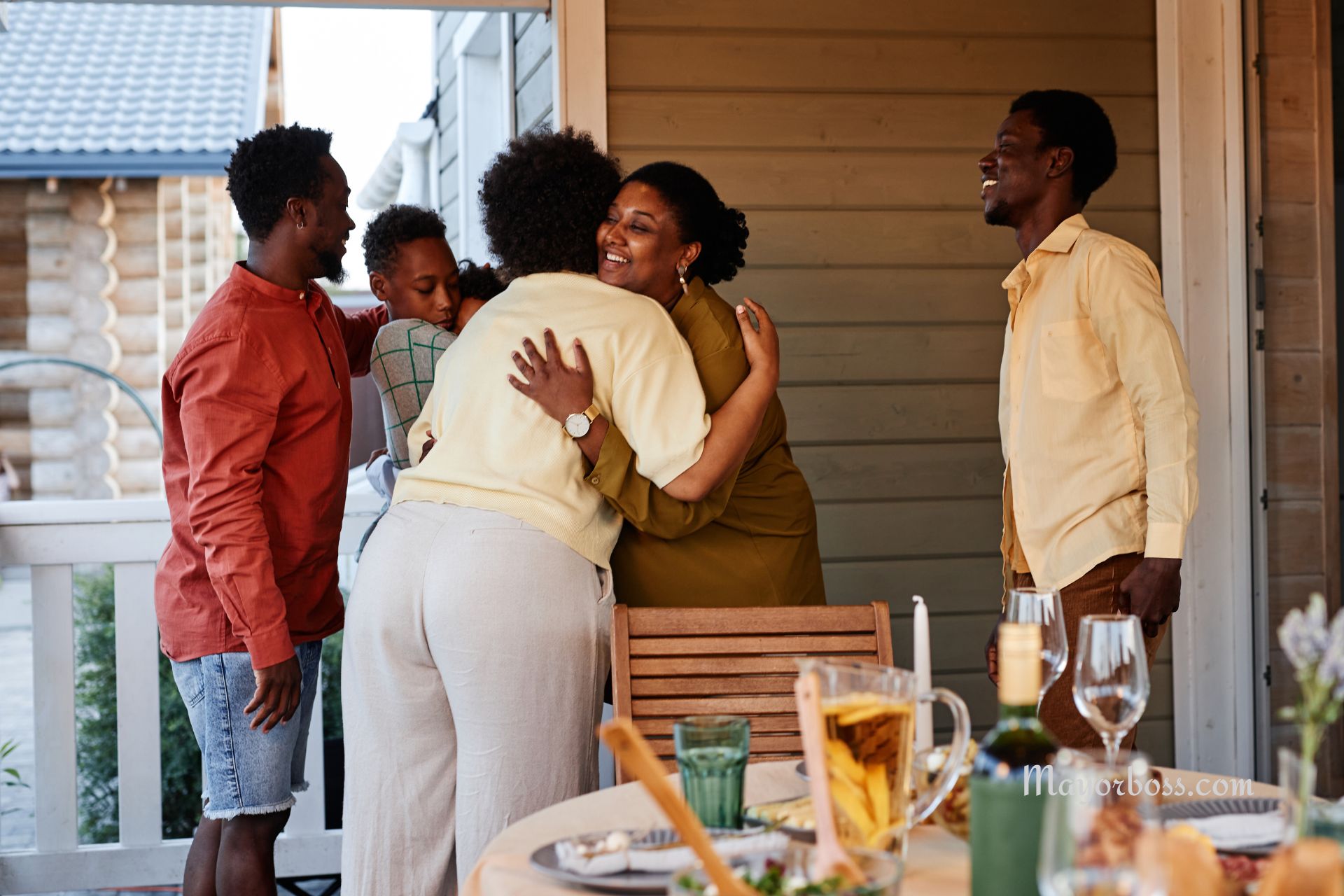6 Signs That It’s Time to End Your Long-Distance Relationship
Long-distance relationships can be tough, with the miles between you stretching more than just geography. They test patience, communication, and, most importantly, the strength of your bond. But sometimes, the signs become clear that it might be time to let go. Here are six indicators that might suggest it’s time to reconsider your long-distance relationship.

When Communication Becomes a Chore
Honestly, communication should be the lifeline of any long-distance relationship. If you find that talking to your partner feels more like a burden than a pleasure, it’s a sign of trouble. According to therapists, consistent and engaging communication is crucial. When it starts to wane, the emotional connection can begin to fade, making you feel disconnected and disinterested. This change in communication dynamics might be a subtle hint that the relationship isn’t working anymore.
When You No Longer Make Plans to Meet
Initially, the excitement of planning your next visit can keep the relationship lively and looking forward. If you and your partner stop making these plans, or if the plans keep getting postponed indefinitely, it could indicate a loss of interest or commitment to the relationship. As noted by clinical social workers, the physical presence in a relationship fosters intimacy and connection; without it, the relationship might start to feel less real.
When You or Your Partner Avoid Discussing the Future
Long-distance relationships are often sustained by the hope of eventually being together permanently. If you find that either you or your partner consistently avoids discussions about future plans or life after closing the distance, it could reflect uncertainties or a change in priorities. This avoidance might suggest that one or both of you is not as invested in the relationship as before.
When Jealousy or Insecurity Takes Over
Feeling a bit of jealousy now and then is natural, but when it becomes overwhelming, it can poison a relationship. Therapists point out that excessive jealousy or insecurity, especially in a long-distance relationship, can lead to toxic cycles of doubt and constant need for reassurance. This emotional turmoil can be exhausting and is often a sign that the trust necessary to sustain the relationship is eroding.
When the Relationship Feels Like an Obligation
A relationship should bring joy and fulfillment, not feel like a duty. If keeping up with the relationship starts to feel more like an obligation, it may be time to reflect on why you’re still in it. As emphasized by relationship experts, a partnership that feels obligatory can sap your emotional energy and lead to resentment, which isn’t healthy for anyone involved.
When You Start Finding Fulfillment Elsewhere
This doesn’t necessarily mean romantic interest in someone else, but rather when your emotional or social fulfillment consistently comes from sources other than your partner. This shift might indicate that your needs are no longer being met within the relationship, which can lead to feelings of detachment and dissatisfaction.
FAQs About Ending Long-Distance Relationships
What are some constructive ways to address these issues with my partner?
Begin with honest, open communication. Express your feelings without blame and listen to your partner’s perspective. Discuss what changes could be made to improve the situation before making any final decisions.
Is it normal to feel relief after ending a long-distance relationship?
Yes, feeling relief is completely normal and can be a sign that ending the relationship was the right decision. It indicates that the relationship may have been causing more stress than happiness.
How can I cope with the emotional impact of ending a long-distance relationship?
Give yourself time to grieve and seek support from friends and family. Engage in activities that you enjoy and that make you feel good about yourself. Consider professional help if you find it difficult to manage your emotions.
Ending a long-distance relationship can be a tough, heart-wrenching decision, but remember, it’s also an opportunity to grow and learn what you truly need and want from a partnership. Take this experience as a stepping stone towards finding a relationship that brings out the best in you.






